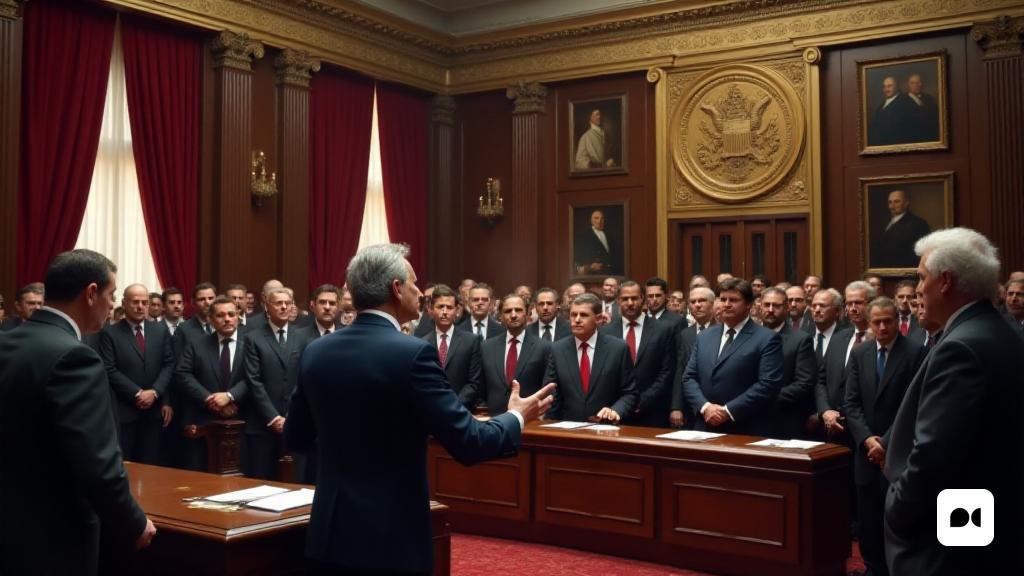Judicial challenge: a new paradigm
The current situation in Spain reveals a deep conflict between the government of Pedro Sánchez and the judicial system. An agreement between the PSOE and Together, the term ‘Lawfare’ was included, which denounces the manipulation of justice for political purposes. This concern was evident with the proposal to create parliamentary commissions to review sentences, an action that led to a unanimous rejection of court associations, which perceived it as a frontal attack on judicial independence.
Controversial reforms in the judiciary
The reforms promoted by the Government have caused a considerable negative reaction, including the modification of the system of choice of members of the General Council of the Judiciary (CGPJ). These measures have been interpreted as an attempt to politicize the judicial system, generating a crisis that threatens to erode its autonomy.
The shadows of judicial appointments
The choice of Dolores Delgado as the Attorney General was seen as a political maneuver, arousing immediate criticism. His successor, Álvaro García Ortiz, has been accused of leaking confidential data, a scandal that has further shaken the credibility of the post. The polarization of these appointments has left a negative imprint on the public perception of justice.
Manipulation of the Constitutional Court: an unprecedented case
The designation of a majority aligned with the Government has provoked controversial sentences, including the acquittal of key figures in the case of the ERO of Andalusia. This situation has generated a scandal that has been questioned even by European instances, reflecting the severity of the institutional situation.
The General Law: A Instrument of Power
The use of General State Attorney’s Office to defend private interests of the President has been another controversial aspect. Cases involved in members of the Government have raised doubts about the impartiality of this institution.
The Congress of Deputies: A Puppet Theater
Constitutional violations in Congress have been systematic, with an abusive use of law decrees and a suspension of control sessions. This dynamic has reduced the power of Congress and has jeopardized the foundations of Spanish democracy.
The mechanism of democratic control in danger
Article 66.2 of the Constitution establishes the responsibility of Congress to control the action of the Government, a right that has been eroded by the inaction of Sánchez. This situation has transformed Congress into a space where questions and appeals are often ignored, which compromises transparency and government responsibility.
A disturbing parallel with the United States
The institutional crisis in Spain, with its escalation of tensions between the Government and the institutions, has led some to compare it with the situation of the United States under the presidency of Trump. However, the response from the media has been unequal, with intense attention to Trump’s actions and amazing silence in the face of Spanish irregularities.
The lack of criticism of Sánchez’s actions can reflect a double standard that deserves a deep reflection on the health of democracy in Spain. The current situation forces us to ask ourselves about the future of the institutional system and its ability to stay firm in the face of attacks on its integrity.

